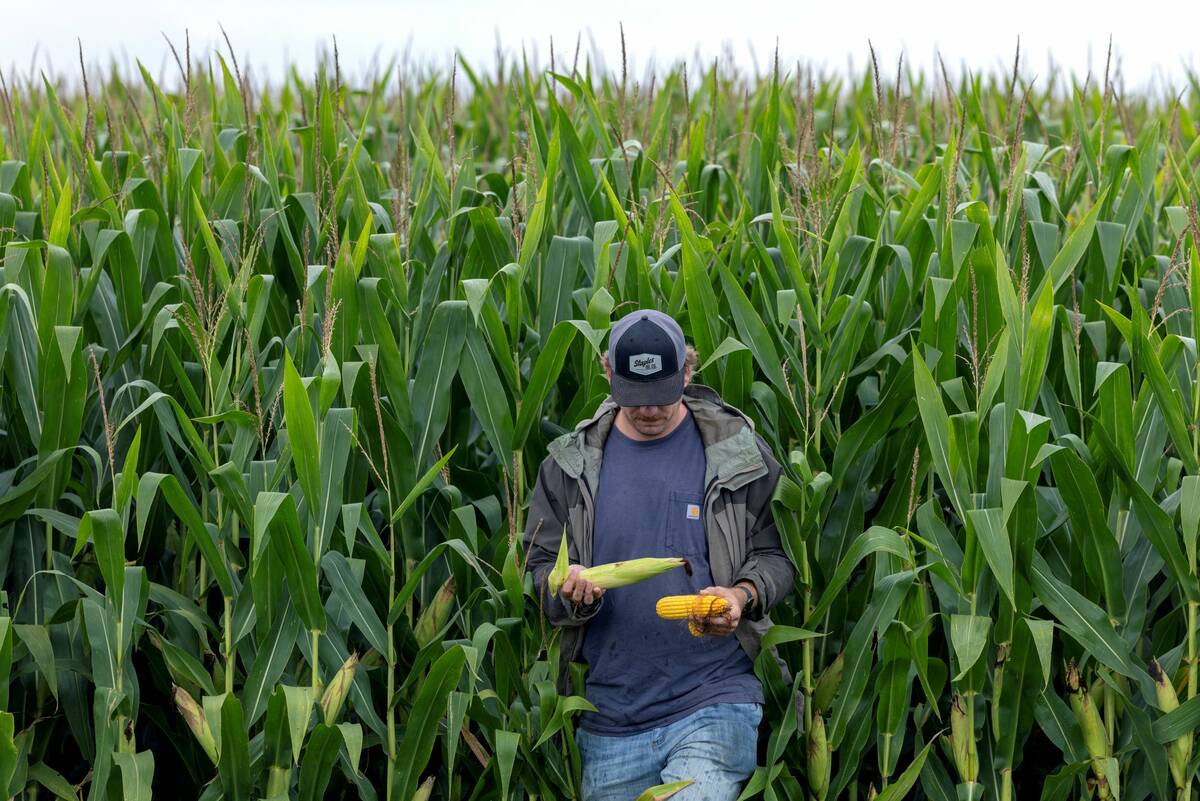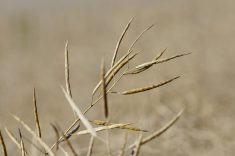Federated Co-operatives’ plans for a renewable diesel processing plant at Regina now also include processing the canola oil needed to supply that plant.
Federated Co-op (FCL) on Monday announced a memo of understanding has been signed with Regina grain and pulse crop processor AGT Foods on a joint venture that will “look to construct” a canola crush plant.
The joint venture, to be majority-owned by FCL in a 51-49 split, will see a $360 million plant built to supply about 50 per cent of the feedstock for a one billion litre-per-year renewable diesel operation, the companies said.
Read Also

The U.S. corn crop could be the biggest ever. That’s terrible news for America’s farmers.
The USDA predicts a record corn crop for U.S. farmers, who question the agency’s accuracy amidst high debt and low crop prices.
The j.v. crush plant facility is expected to use about 1.1 million tonnes of canola seed to produce 450,000 tonnes of oil, the Saskatchewan government said in a separate release. The balance of the feedstock would be contracted from other canola crushers.
FCL on Monday described the joint-venture plant as part of a bigger $2 billion investment it plans to make in building what it called an integrated agriculture complex (IAC) at its chosen Regina site, just north of the Co-op Refinery Complex (CRC).
The IAC would include both the crush plant and the renewable diesel plant, the latter of which has been on FCL’s drawing board since before April 2021, when it bought the assets of Calgary-based True North Renewable Fuels.
Before the sale, True North had been doing preliminary work toward development of a biofuel plant in Regina and its assets are expected to allow FCL to speed up its own planning timeline.
FCL in November 2021 locked in an option to buy the land north of the CRC and said it would begin “formally assessing” the feasibility of a renewable diesel project. If approved, the renewable diesel plant would be scheduled to start operating by 2027, FCL said at the time.
FLC said Monday that both IAC investments remain “subject to continued due diligence” as well as environmental, regulatory and board approvals.
Monday’s announcement also doesn’t include a timeline for construction or the start-up of the j.v. crush plant — but it’s expected that a renewable diesel facility in Regina in 2027 wouldn’t need to look far for canola oil either way.
Cargill and Viterra last April separately announced plans to build their own canola crushing plants in the Regina area, and Ceres Global Ag in May announced plans for a crush plant near its grain terminal at Northgate, Sask., about 60 km southeast of Estevan near the U.S. border. Also, Winnipeg-based Richardson International in March announced plans for a major expansion of its existing canola plant at Yorkton, about 185 km northeast of Regina.
The FCL/AGT venture “demonstrates Saskatchewan’s leadership in plant-based foods, fuels and feeds and brings together two Saskatchewan companies with the shared goals of decarbonizing our economy and adding value to western Canadian crop production,” AGT CEO Murad Al-Katib said Monday in FCL’s release.
“We believe that AGT’s capabilities in grain logistics and plant protein ingredients combined with FCL’s strong history in energy and farm inputs creates a powerful partnership that will benefit the communities in which we operate.”
FCL’s Co-op Retailing System is believed to be “well-positioned to integrate and capture the full agricultural value chain in the production of fuel and value-added products,” FCL CEO Scott Banda said in the same release.
An FCL-AGT crush plant would “ensure” Saskatchewan beats the target laid out in its 2030 Growth Plan of processing 75 per cent of the canola grown there, the province said in its release Monday.
With an estimated gross economic output of $4.5 billion across “all economic realizations” connected with the facility, the proposed IAC also “supports the Growth Plan goal of increasing agriculture value-added revenue to $10 billion,” the province said. — Glacier FarmMedia Network













